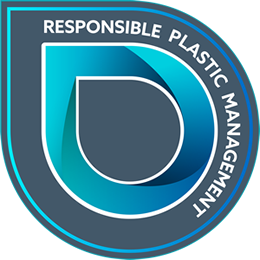MEPs call for binding 2030 targets for materials use and consumption footprint
In March 2020, the Commission adopted a new “Circular Economy Action Plan for a Cleaner and More Competitive Europe.
Dave Garforth blogs on this recent EU Parliamentary news:
MEPs call for binding 2030 targets for materials use and consumption footprint
On the 27th January 2021, the Committee on Environment, Public Health and Food Safety adopted its report on the new EU Circular Economy Action Plan, with 66 votes in favour, 6 against and 7 abstentions.
Circular Economy Principles
MEPs emphasise that the current linear “take-make-dispose” economy must be transformed into a truly circular economy, based on a series of key principles such as preventing waste and reducing energy and resource use. Products should be designed in a way that reduces waste, harmful substances and pollution, and protects human health. The consumer benefits of a circular economy should be made clear, they say.
This is of course welcomed and the theory well versed and communicated but how will this be achieved….implemented?
MEPs are calling for science-based binding 2030 EU targets for materials use and consumption footprint, covering the whole lifecycle of each product category placed on the EU market. To this end, they urge the Commission to introduce in 2021 harmonised, comparable and uniform circularity indicators for material and consumption footprints.
The Environment Committee also called on the Commission to propose product-specific and/or sector-specific binding targets for recycled content, while ensuring the performance and safety of the products concerned and that they are designed to be recycled.
Sustainable Product Policy
MEPs strongly endorse the Commission’s intention to broaden the scope of the Eco-design Directive to include non-energy-related products.
They insist that new legislation should be put forward in 2021. This should set horizontal sustainability principles and product-specific standards so that products placed on the EU market perform well, are durable, reusable, can be easily repaired, are not toxic, can be upgraded and recycled, contain recycled content, and are resource- and energy-efficient.
These are all good ideas but at the same time there needs to be a standard implementation approach so that we can measure progress, performance and benchmark more effectively.
MEPs also call for measures against greenwashing, false and unsubstantiated claims.
Ideally, Standards should have some form of independent verification or certification. Certification using the ISO 17065 and similar processes is a well-known, tested and effective way to deliver transparency and robustness in performance-based standards and implementation.
The Responsible Plastic Management Program has been developed for this purpose. It is an independent and verifiable program for plastic management and a mechanism that can help organisations and interested parties, including governments, systemise and work towards targets for plastic reduction and recycling.
RPM supports organisations of all scales and sectors in achieving a systems approach to plastic management leading to plastic waste reduction and improved opportunity to implement solutions that support recycling and avoidance of unnecessary plastic.
Contact us today for a free consultation – info@rpmprogram.com
